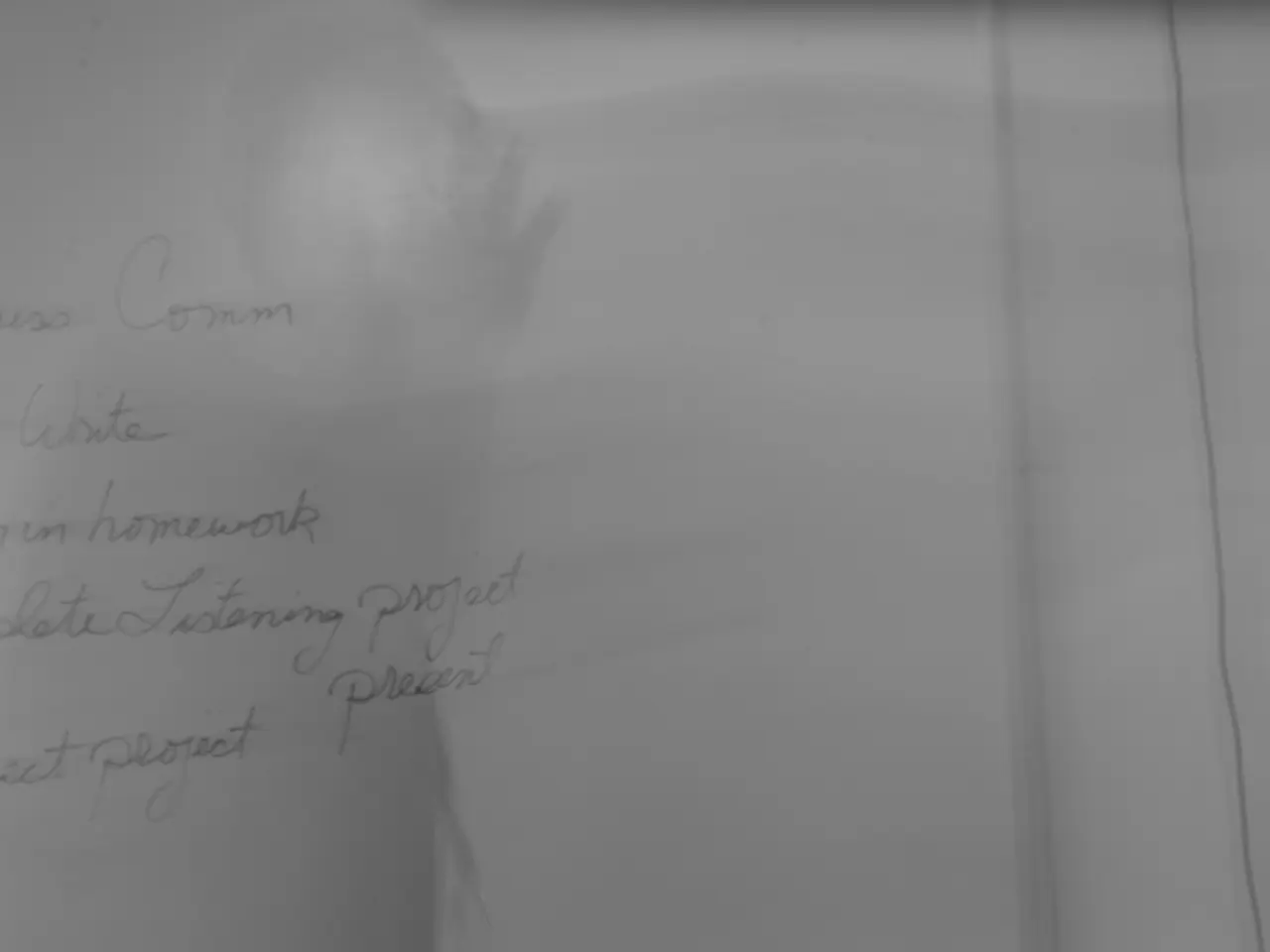Harmonizing Criminal Penalties Across EU Nations: Updates and Obstacles for Businesses and Their Staff Members
The European Union (EU) has taken a significant step towards strengthening its sanctions enforcement regime with the adoption of a directive aimed at harmonising criminal sanctions for violations of EU restrictive measures. The directive, which was adopted by the European Commission in December 2022, requires member states, including Germany, to implement it into national law by May 20, 2025.
As of July 2025, 18 EU countries, including Germany, have failed to fully implement the directive. This delay has led to formal warning letters from the Commission and the initiation of infringement proceedings against these states.
The directive aims to standardise the criminal offense definitions and penalties related to breaches of EU sanctions across all member states. It criminalises activities such as assistance in circumventing travel bans, trading in sanctioned goods, and participating in prohibited financial activities. Notably, it introduces a minimum prison sentence of five years for individuals violating EU sanctions. For companies, the directive mandates a minimum fine of 5% of the previous year’s annual turnover for violations.
Potential Challenges and Effects for Companies and Employees, Particularly in Germany
The harmonised laws increase the criminal liability risks for companies operating in Germany. This includes potential criminal prosecutions not just for direct violations but also for aiding circumvention of sanctions. The minimum fine of 5% of annual turnover can impose significant financial damage to companies for non-compliance, increasing the stakes for corporate compliance programs.
The directive also introduces a "best efforts" obligation for EU entities, requiring them to proactively ensure all owned or controlled subsidiaries worldwide comply with sanctions. This extends compliance obligations extraterritorially, posing a challenge for multinational corporations with complex structures.
The harmonisation of criminal definitions and penalties across the EU is designed to ease cross-border investigations and reduce regulatory arbitrage. Companies can no longer rely on more lenient national approaches to sanctions violations. Employees involved in sanction circumvention may face criminal prosecution and imprisonment, raising internal compliance scrutiny, the necessity of training, and careful operational oversight.
In individual cases, ordinary negligence may be sufficient to incur criminal liability, according to the EU Parliament's draft. The draft also emphasises the role of the European Public Prosecutor's Office (EPPO) in the prosecution of EU sanctions violations.
Violations of licensing requirements and prohibitions of the disposal of frozen funds and economic resources are also punishable under German law. Maximum fines against natural persons are to amount to no less than €10 million for transactions with a value of €100,000. Violations of export, import, transit, sale, acquisition, provision, transfer, investment, or service prohibitions are punishable under German law.
The EU Parliament's draft expands the definition of 'circumvention transactions' and increases punishment. Violations of EU sanctions can have severe consequences for companies and their employees in Germany.
In conclusion, the directive represents a significant tightening of the EU sanctions enforcement regime with strong criminal sanctions and extraterritorial reach. Its delayed implementation in countries including Germany increases legal uncertainty and potential enforcement risks until fully adopted. Firms and their employees must prepare for stricter compliance requirements and enhanced penalties once the directive is fully in force.
[1] European Commission. (2022). Press release: EU adopts directive to harmonise criminal sanctions for violations of EU restrictive measures. [2] European Parliament. (2022). Draft negotiating mandate for sanctions violations. [3] European Parliament. (2023). Report on the state of play of the implementation of the Directive on the harmonisation of criminal sanctions for violations of EU restrictive measures.
- The harmonized criminal sanctions for violations of EU restrictive measures, as outlined in the directive, could potentially lead to increased education and self-development efforts among companies and employees in Germany, particularly in the areas of corporate compliance programs, internal compliance scrutiny, and operational oversight, in order to avoid criminal prosecution and financial penalties.
- The directive's "best efforts" obligation for EU entities requires them to proactively ensure all owned or controlled subsidiaries worldwide comply with sanctions, which may necessitate ongoing self-development and education for employees responsible for cross-border operations and compliance, to effectively manage the challenges posed by the complex structures of multinational corporations and the extraterritorial reach of the directive.




